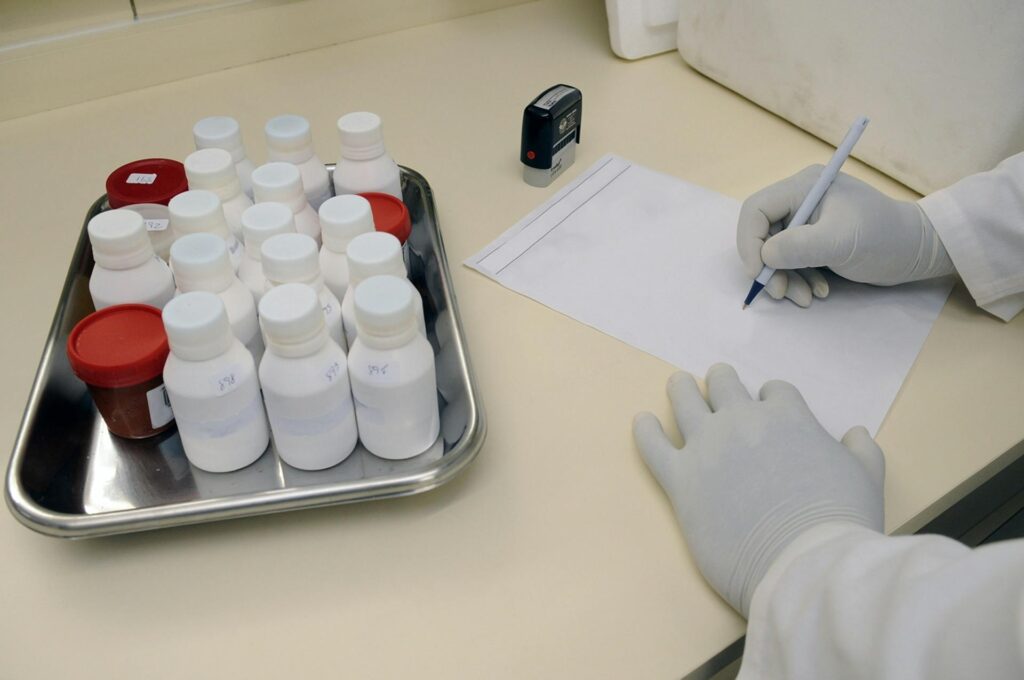
How to Ensure Your Private Nurse Sends Regular Reports: A Guide for Diaspora Families
As someone living abroad, hiring a private nurse for your loved one in Kenya can bring peace of mind—but only if you stay connected and informed. You want consistent, reliable updates on your family member’s health and daily care without feeling left in the dark.
This guide is created especially for you—the caring family member thousands of miles away—showing you how to make sure your private nurse sends regular, detailed reports so you can be confident your loved one is in safe hands.

1. Set Clear Expectations from the Start
When you hire a nurse, be clear about your need for regular communication. Tell the nurse upfront:
- How often you want updates (daily, weekly, or more frequent)
- The type of information you expect (health status, medication, mood, activities)
- The preferred format (text, phone call, WhatsApp message, video)
Clear communication helps the nurse understand their responsibilities and avoids misunderstandings.
2. Use Technology to Bridge the Distance
Thanks to technology, you don’t have to rely on sporadic phone calls or vague updates. Encourage your nurse to use:
- WhatsApp or Telegram for daily texts and photos
- Video calls via Zoom or FaceTime for face-to-face check-ins
- Caregiver apps that let nurses log daily activities and share reports in real-time
Agree on the best communication tools together, ensuring they fit both your and the nurse’s comfort levels.
3. Request a Daily or Weekly Care Report
A written report is a powerful way to keep track of care. Ask the nurse to send a:
- Daily care log detailing medication taken, meals eaten, any symptoms, and activities
- Weekly summary report highlighting any changes in health or concerns
You can use shared Google Docs, email, or messaging apps to receive these updates—whichever makes you feel most connected.
4. Appoint a Trusted Local Contact
If you’re worried about getting full, honest reports, appoint someone you trust in Nairobi—a family member, close friend, or community elder—to occasionally check on your loved one and verify the nurse’s updates.
This local contact can also help manage communication and intervene if any issues arise, giving you additional peace of mind.
5. Schedule Regular Video Check-Ins
Set up weekly or bi-weekly video calls with both the nurse and your loved one. This lets you:
- See how your family member is doing firsthand
- Ask the nurse questions directly
- Build a trusting relationship with the caregiver, even from afar
These calls help reduce your anxiety and reinforce accountability.
6. Include Reporting Requirements in the Contract
Make communication part of your formal agreement. In your contract or service agreement, specify:
- Frequency and method of reporting
- What kind of information should be included
- How urgent concerns should be communicated immediately
Having these expectations on paper encourages professionalism and clear accountability.
7. Use Remote Monitoring Tools if Possible
For additional oversight, consider installing simple remote monitoring technology in your loved one’s home, such as:
- Security cameras in common areas (with consent)
- Health monitoring devices that send data remotely (blood pressure monitors, pulse oximeters)
- Medication dispensers with alerts
These tools complement the nurse’s reports and provide you with objective data.
8. Be Responsive and Engaged
Finally, the more involved you are, the more motivated the nurse will be to communicate regularly. Respond promptly to reports, ask follow-up questions, and show appreciation for their efforts.
Open, respectful communication creates a positive environment for your loved one’s care.
Checklist: How to Ensure Your Private Nurse Sends Regular Reports
- Set Clear Expectations
- Agree on how often and what type of updates you want
- Decide preferred communication channels (WhatsApp, email, video calls)
- Use Communication Technology
- Establish apps or platforms for daily messages and photos
- Schedule regular video check-ins (weekly or bi-weekly)
- Request Written Reports
- Daily logs of care activities, medication, and patient status
- Weekly summary highlighting any changes or concerns
- Appoint a Local Trusted Contact
- Family member or friend in Nairobi to verify care and assist communication
- Include Reporting in Contract
- Specify reporting frequency and methods formally in the agreement
- Consider Remote Monitoring Tools
- Install cameras or health devices with consent to supplement reports
- Stay Responsive
- Reply promptly to reports and maintain open dialogue
- Show appreciation to encourage ongoing communication
✅ Need Help Ensuring Reliable Nurse Reporting? Sendjaote Has Your Back
We understand how difficult it is to be miles away and worry about your family’s care in Kenya. That’s why Sendjaote specializes in connecting diaspora families with qualified private nurses who provide regular, trustworthy updates—so you never feel out of the loop.
We handle:
- Thorough vetting and credential verification of nurses
- Setting up clear communication plans and reporting schedules
- Providing you with real-time updates via preferred channels
- Offering video check-in coordination and emergency backup
📞 Contact Sendjaote Today
📧 Email: messenger@sendjaote.com
📞 Kenya: +254 0746 077035
📞 USA: +1 (678) 865-8091
Let us take the stress off your shoulders and help you stay connected to your loved ones every step of the way.
